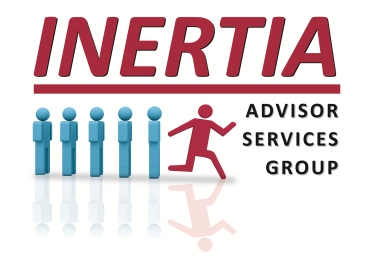Business Owners & Long-Term Care Planning
As an advisor, you already know that business owners face complex financial decisions—not just for themselves but also for the employees who contribute to their success. You help them navigate tax planning, succession strategies, and retirement benefits, but are you addressing one of their biggest financial blind spots?
Long-Term Care (LTC) planning is often overlooked in business financial strategies, yet it presents a significant risk to owners and employees. Failing to plan can result in substantial financial, emotional, and physical burdens, jeopardizing not only personal assets but also the stability of the business.
Your role is to help business owners take proactive, tax-efficient steps to manage risk. Integrating LTC solutions into their business strategy is a powerful way to provide financial protection, tax advantages, and long-term security.
Special Consideration for Business Owners
Incorporate LTC into Business Benefits: Most business owners don’t realize that LTC insurance qualifies as a deductible expense (IRC §152), allowing them to offer a tax-favored benefit to employees, spouses, and dependents—creating a competitive advantage in recruitment and retention.
Use Group “Carve-Out” Plans for Key Employees: Unlike most employer-sponsored benefits, LTC insurance is exempt from PPACA non-discrimination rules, allowing business owners to offer LTC coverage selectively to highly compensated employees and executives.
Introduce Linked Benefit Plans (Life + LTC): Many business owners already see value in life insurance for succession planning and key employee retention. Permanent life insurance with LTC benefits provides a dual-purpose solution—potentially tax-deductible for the business while securing LTC protection for owners and employees.
Integrate LTC into Business Succession & Buy/Sell Agreements: You already guide business owners on buy/sell agreements and succession planning. Have you considered incorporating LTC funding into these strategies? Including LTC solutions in exit plans ensures long-term security for the business and the owner.
Maximize HSAs for Tax-Free LTC Funding: If your clients offer Health Savings Accounts (HSAs), they may not realize that tax-free withdrawals can fund qualified LTC insurance (IRS Notice 2004-50, Q&A 41). You can help them maximize this tax-efficient opportunity for themselves and their employees.
LTC Planning isn’t just a personal financial decision—it’s a business strategy. Educating your business owner clients on these tax-favored options strengthens your role as their trusted advisor while opening the door to valuable new planning opportunities.
If you’re helping business owners plan for the future, use the Calendly button below to schedule time to discuss strategies to integrate LTC Planning into their business and succession plans.
250212


